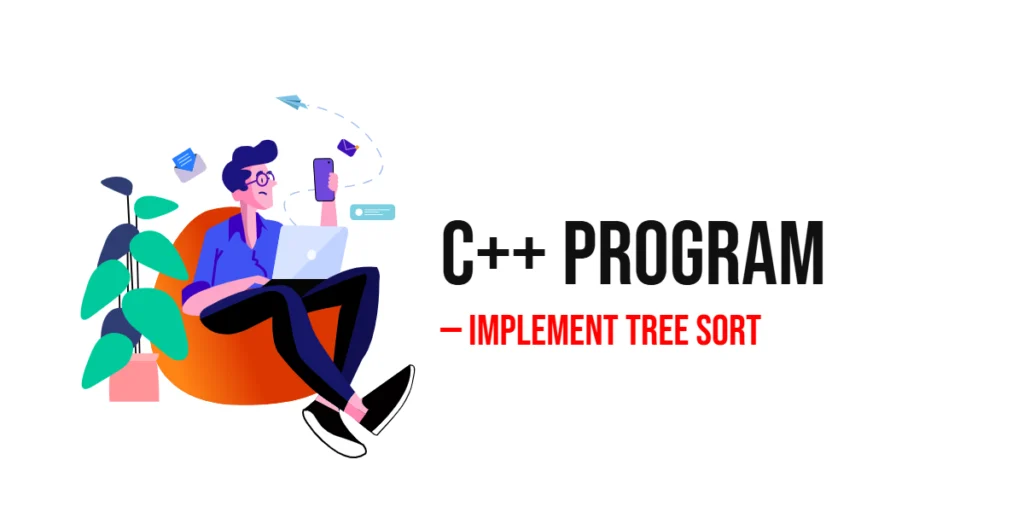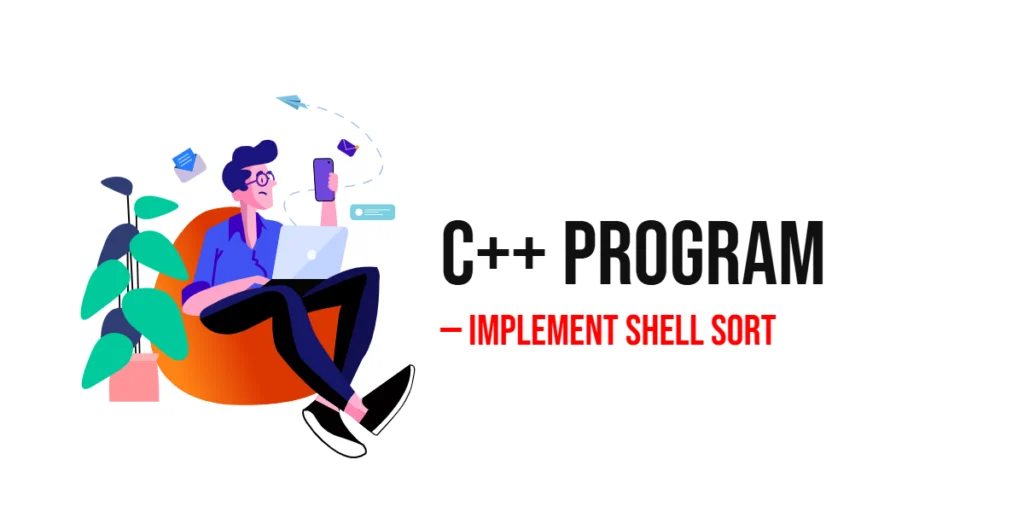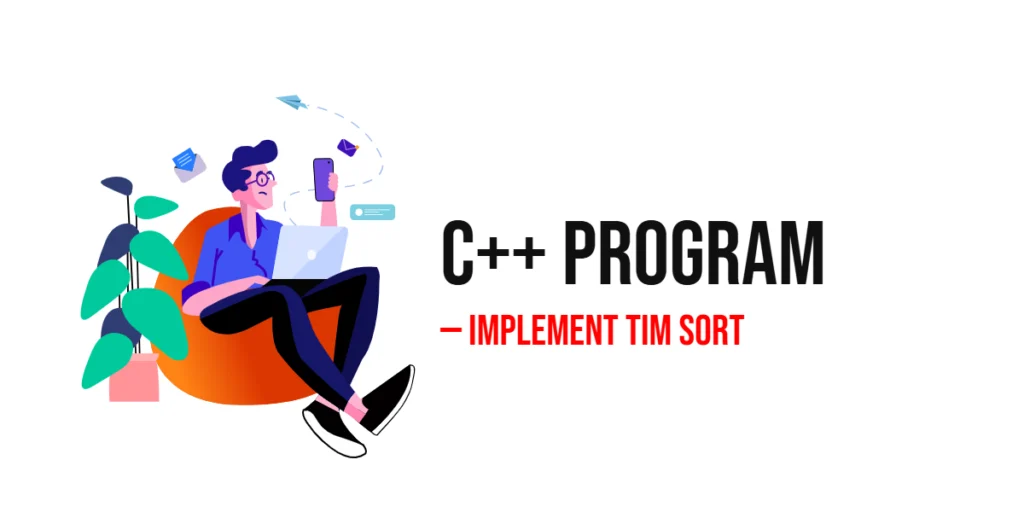C++ Program to Implement Ternary Search
Searching is a key task in programming, especially when working with sorted arrays. While binary search splits the array into two halves, ternary search divides it into three parts, offering an alternative approach to find elements efficiently. This method can be particularly useful when you want to explore how dividing a problem into more parts […]
C++ Program to Implement Ternary Search Read More »









